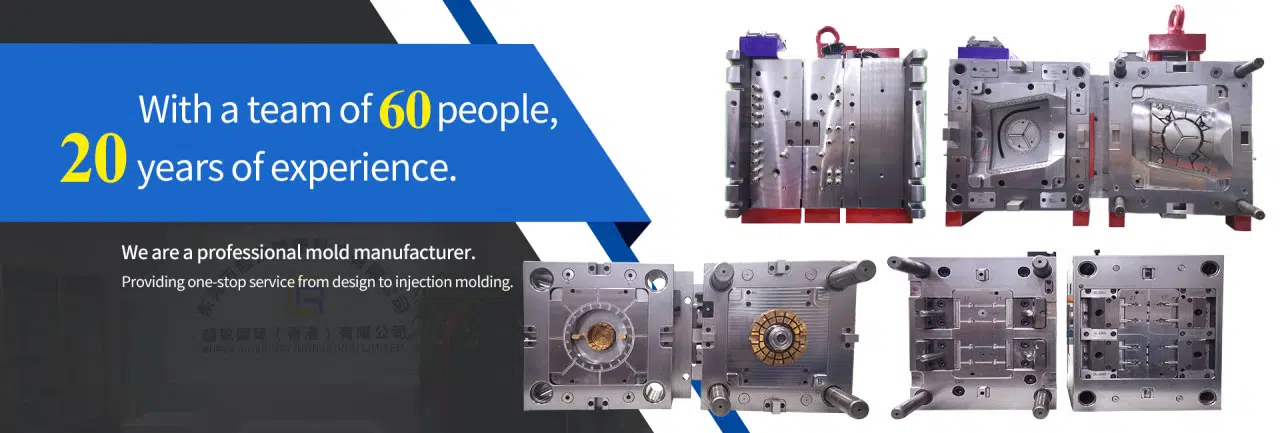
Keyword: Digital Manufacturing
# Digital Manufacturing: Revolutionizing Industrial Production
## The Rise of Digital Manufacturing
Digital manufacturing represents a transformative approach to industrial production, integrating advanced technologies to streamline processes and enhance efficiency. This paradigm shift is reshaping how products are designed, produced, and delivered across global supply chains.
## Key Technologies Driving the Change
Several cutting-edge technologies form the foundation of digital manufacturing:
### 1. Industrial Internet of Things (IIoT)
Connected sensors and devices enable real-time monitoring and data collection throughout the manufacturing process.
### 2. Additive Manufacturing (3D Printing)
Layer-by-layer production allows for complex geometries and rapid prototyping with reduced material waste.
### 3. Artificial Intelligence and Machine Learning
AI-powered systems optimize production schedules, predict maintenance needs, and improve quality control.
### 4. Digital Twins
Virtual replicas of physical assets enable simulation, testing, and optimization before actual production begins.
## Benefits of Digital Manufacturing
The adoption of digital manufacturing offers numerous advantages:
Increased production efficiency through automation and data-driven decision making
Enhanced product quality with real-time monitoring and predictive analytics
Reduced time-to-market with faster prototyping and iterative design processes
Improved sustainability through optimized resource utilization and waste reduction
Greater customization capabilities to meet specific customer requirements
## Challenges and Considerations
While promising, digital manufacturing implementation presents several challenges:
Workforce Transformation
The shift requires upskilling employees to work with advanced technologies and data analytics tools.
Cybersecurity Risks
Increased connectivity creates vulnerabilities that must be addressed through robust security measures.
Initial Investment Costs
The transition to digital manufacturing requires significant capital expenditure for technology infrastructure.
## The Future of Digital Manufacturing
As technologies continue to evolve, digital manufacturing will become increasingly sophisticated. The integration of quantum computing, advanced robotics, and next-generation materials promises to further revolutionize industrial production. Companies that embrace this transformation early will gain significant competitive advantages in the global marketplace.